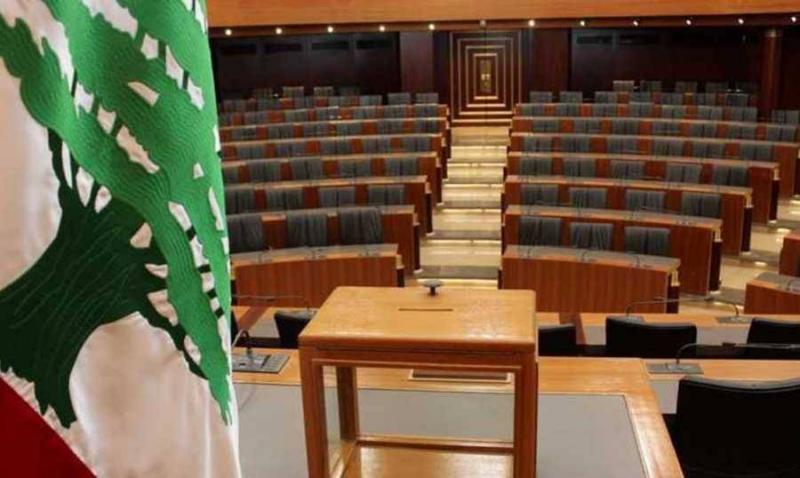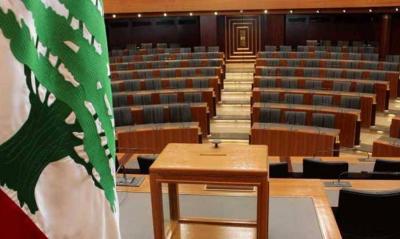The results of the parliamentary elections have revealed three political powers with their respective sizes: the Shiite duo and their allies, the old 14 March forces in Parliament, including the Progressive Socialist Party, and the newly elected change-oriented or revolutionary members. With the first major requirement being the election of the Speaker of the Parliament, the country is likely to enter into a serious crisis that may prevent the designation of a Prime Minister and the formation of a government. Yesterday, there were no solutions available for the election of the Speaker. The potential candidate is one, President Nabih Berri, but the majority of blocs insist on not electing him and replacing him with someone else, despite there being no alternative candidate at this time, which could turn the situation into a challenge.
It is impossible for the Shiite duo to abandon their candidate and yield to the desires of the remaining blocs by endorsing Berri. Any retreat or setback here would denote a decline for the duo and an advancement for the revolutionary forces, the Lebanese Forces, and the Kataeb Party, all of whom refuse to vote for Berri. Conversely, Berri will not accept being elected with weak votes or the support of a weak Christian bloc, so what to do?
The only way out lies with the Free Patriotic Movement, which could resolve the crisis either by voting or by allowing freedom for its members to vote for Berri. However, the movement is still reeling from its losses in Jezzine due to Berri's insistence on supporting Ibrahim Azar, despite polls indicating his weakness and expected loss, as well as his insistence on nominating Elie Ferzli in West Bekaa and supporting him at the expense of the Movement's candidate, among other accusations exchanged between the two teams over the election results.
So, what will the solution be? Nothing but mutual obstruction is expected. The failure to elect a Speaker of the Parliament or nominate any figure outside the duo against the duo's candidate will plunge the country into a predicament and will reignite the overall systemic crisis. Is the country on the verge of entering such a crisis? Efforts have begun to resolve the obstacles and pass the requirement without creating a crisis, by reaching out to some newly elected deputies to ensure their votes for Berri, according to "Nidaa al-Watan," but this remains incomplete without the support of a significant Christian bloc represented in Parliament, including the Free Patriotic Movement bloc, whose leader has yet to engage in these efforts or has not been approached by any party regarding what is desired in return.
Meanwhile, the new deputies differ over the possibility of nominating a figure against Berri from outside the duo, with newly elected MPs Mark Daou and Waddah Sadek supporting such a proposal, while others are hesitant. There is no clear scenario yet, and everyone is relying on the factor of time, with a fifteen-day deadline commencing tonight. More alarming than the crisis of electing a Speaker of the Parliament is what Prime Minister Najib Mikati has communicated to those around him: that there will be no government soon, and that in two weeks he will call for a Cabinet meeting on the pretext that the narrow sense of "acting in office" does not apply to addressing anticipated crises related to electricity, medicines, and wheat, implying that there will be no government until the end of the mandate.
A well-informed political source excludes expectations of imminent solutions concerning the upcoming political battles, anticipating a "blockage" at all levels from today until a regional political settlement is reached regarding the Saudi-Iranian or Iranian-American relationship.
Nidaa al-Watan




